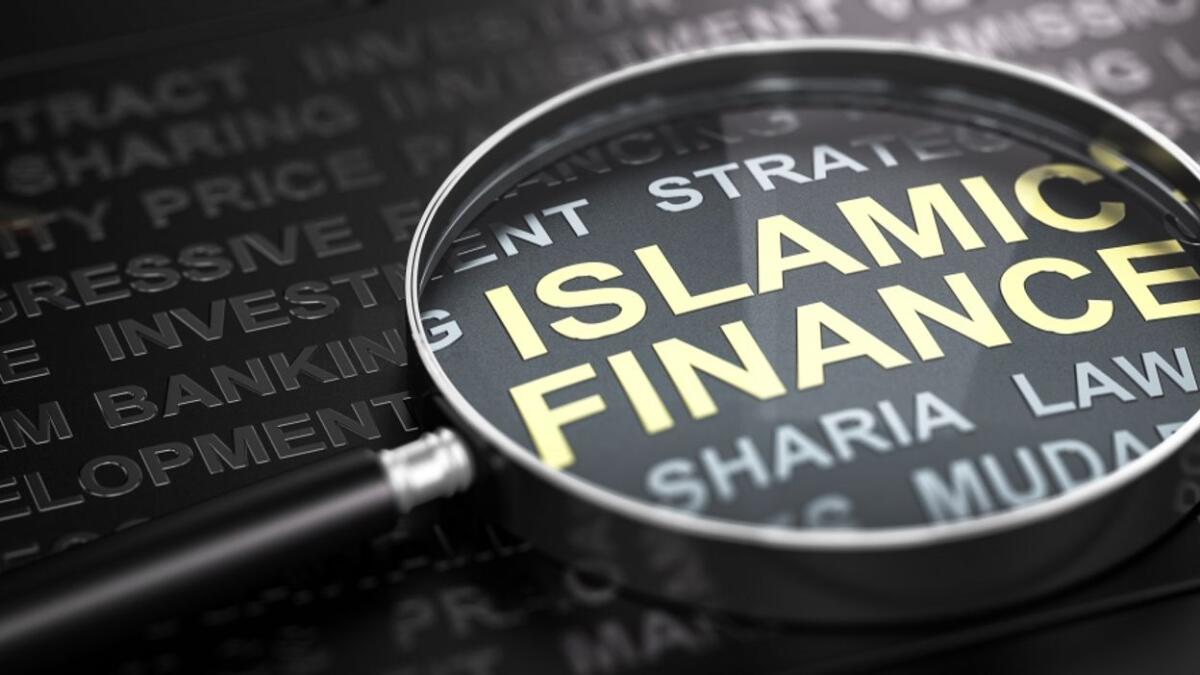Islamic finance is an industry that combines ethical principles with financial services and is experiencing significant developments, especially in treasury and investment products. While traditional structures like Sukuk remain prevalent, there are efforts to innovate and support sustainability initiatives. However, the market faces challenges, particularly in liquidity management due to the unique constraints imposed by Islamic finance principles.
Traditional Islamic financial instruments often lack flexibility and immediacy, which can be a challenge in a rapidly changing global financial landscape. Technology plays a key role in unlocking the full potential of Islamic treasury products and creating a more efficient financial ecosystem. Enhancing the Islamic interbank market integration will be crucial for future growth and success.
Improving access to liquidity is essential for the growth of the Islamic finance market, which is expected to reach $4.94 trillion by 2025. Islamic banks face limitations in managing liquidity due to restrictions on interest-earning instruments. Developing Shariah-compliant alternatives and encouraging collaboration among Islamic banks can help overcome these challenges and ensure liquidity requirements are met.
Seizing opportunities in derivatives could further expand the Islamic finance market. While the use of derivatives in Islamic banking remains controversial, innovations are being explored to ensure compliance with Islamic principles. Collaboration and the development of new Shariah-compliant instruments can enhance liquidity management and attract a broader range of investors seeking ethical and risk-hedging options.
Collaboration is key to expanding Islamic finance and developing new Shariah-compliant finance instruments. Technology, such as APIs and straight-through processing, can facilitate collaboration by connecting banks with excess funds to those in need of liquidity. Automation can help minimize risks and enhance efficiency in treasury workflows, but global standardization is needed to fully realize the benefits of digitalization.
Embracing digitalization and standardization is crucial for the growth and sustainability of the Islamic finance industry. Harmonizing Islamic financial laws and standards can facilitate smoother transactions, expand the reach of Islamic finance to underserved regions, and contribute more effectively to the global economy. By embracing innovation, collaboration, and technological advancements, Islamic finance can continue to evolve and thrive in the modern financial landscape.











